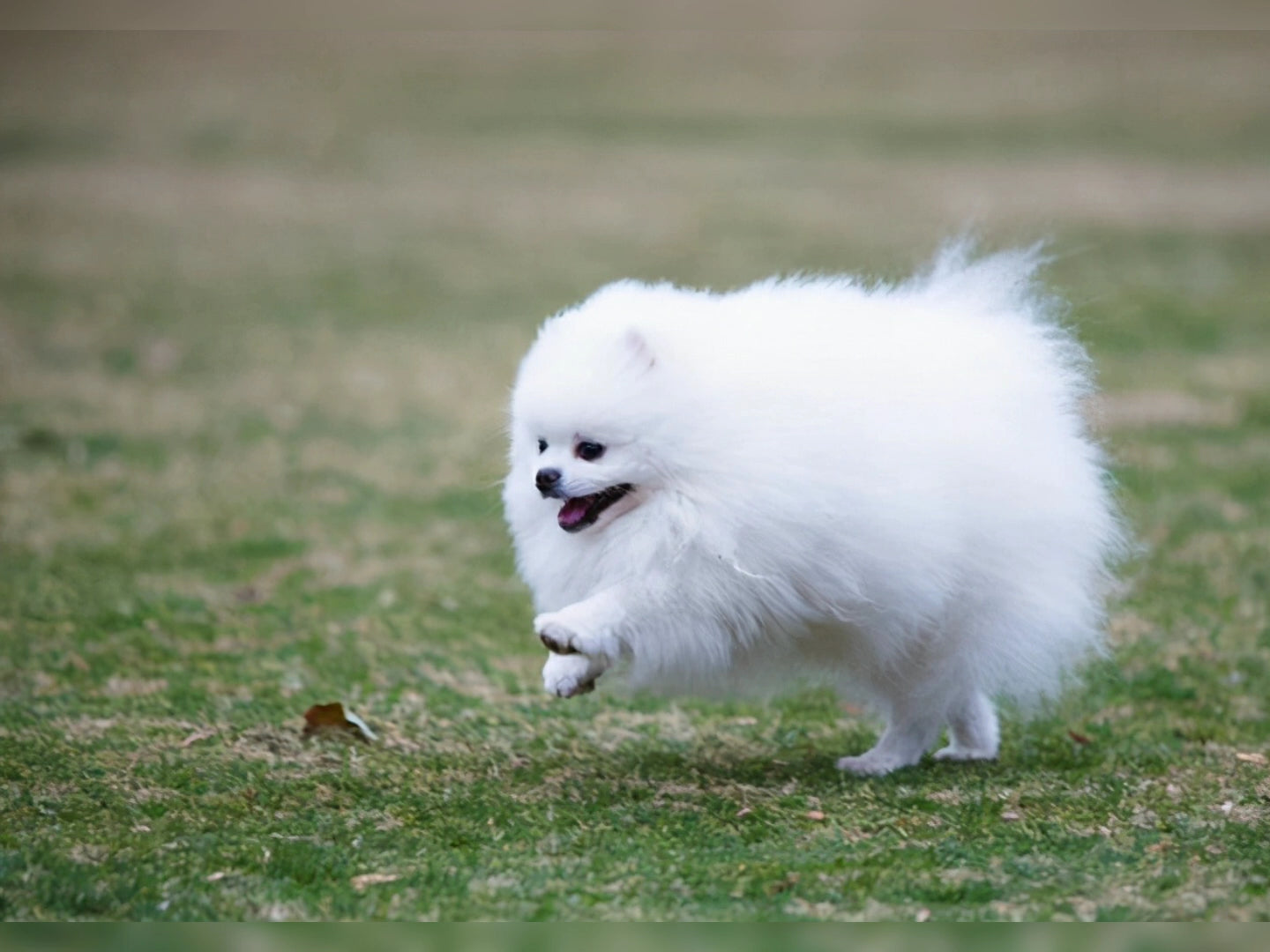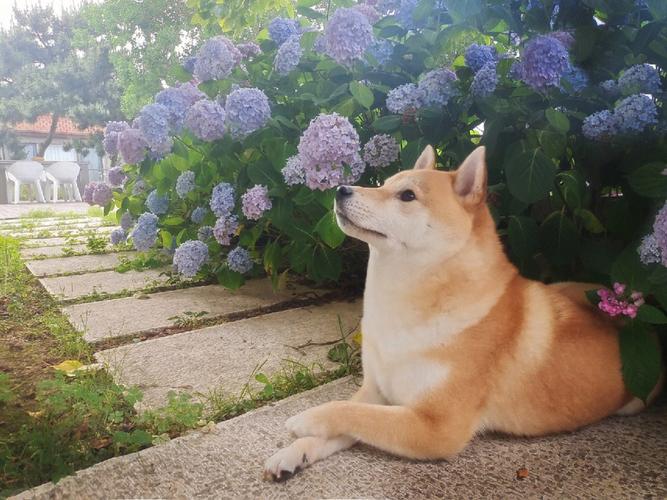Tibetan Mastiff Dog, also known as Tibetan Mastiff, Mastiff Dog, Tibetan dog, Qiang dog, tomato dog, big swine dog or Oriental God dog, is a larger and stalwart dog breed, native to the Tibetan plateau. The following is a detailed introduction to the Tibetan Mastiff:

Appearance characteristics:
- The Tibetan Mastiff is tall, well-proportioned, muscular and strong.
- The head is large, the forehead is wide, the eyes are deep and almond-shaped, the nose is straight, the mouth is slightly short and square.
- The ears are small and pendulous, close to the sides of the head in a V shape.
- The neck is thick, muscular and arched.
- The chest is broad and deep with a straight back and a slightly arched loin.
- The tail is thick and long, reaching below the knee when naturally drooping, with a curled end.
- The coat is dense and rough, and can be divided into two types: long-haired and short-haired, and the colors are mostly black, iron-clad gold, yellow and white.
Character traits:
- The Tibetan Mastiff dog has the character traits of stalwart, brave, loyal and independent.
- They are extremely loyal to their masters, but show strong wariness and hostility to strangers.
- Tibetan Mastiffs have a strong sense of territory, and will show strong aggression towards strangers or animals that enter their territory.
- They usually display a confident, calm and collected attitude, but will not hesitate to attack when threatened.
Life habits:
- Tibetan Mastiffs are highly adaptable and can survive in cold, dry and oxygen-deprived plateau environments.
- They love sports, good at running and jumping, with excellent endurance and strength.
- Tibetan Mastiff dogs do not require much food, but in order to ensure their health, they should be provided with nutritionally balanced dog food and moderate amounts of meat.
- They need enough exercise space and exercise to maintain physical health and mental health.
Feeding and Training:
- Keeping Tibetan Mastiff Dogs requires enough attention and care to develop their loyalty and docile character.
- As Tibetan Mastiffs are aggressive, they should be well socialized and trained at a young age to reduce their aggressiveness.
- Positive incentives, such as rewards and praise, should be used in training, avoiding the use of punishment and violence.
- Breeders should have enough experience and knowledge to ensure the health and safety of the Tibetan Mastiff.
Precautions:
- Tibetan Mastiffs are large and require a large living space.
- They are aggressive to strangers, so they are not suitable for keeping in cities or densely populated areas.
- Breeders should follow relevant laws and regulations to ensure that Tibetan Mastiffs are legally bred and registered.
- When taking Tibetan Mastiff dogs out, they should use a leash and wear a muzzle to prevent them from attacking others or animals.
In summary, the Tibetan Mastiff is a dog breed with unique charm and character, suitable for breeding in plateau areas or rural areas. Breeders should have enough experience and knowledge to ensure their health, safety and well-being.




Leave a comment
All comments are moderated before being published.
This site is protected by hCaptcha and the hCaptcha Privacy Policy and Terms of Service apply.